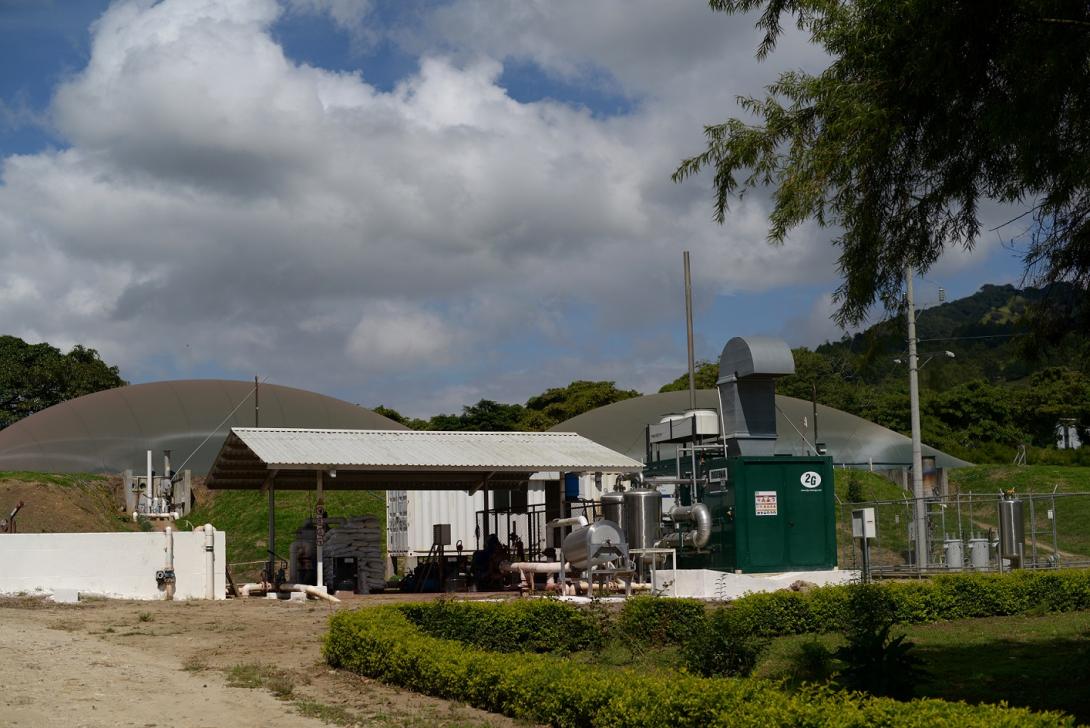CSR Toolkit

© GIZ, CSR
Corporate Social Responsibility (CSR) is the commitment of the private sector to social concerns beyond legal requirements. This can be either company-internal commitment (employees’ welfare) or in the social environment of the enterprise (community relations). Ideally, CSR is implemented in the area of business operation.
Sustainable development in Industrial Areas requires an integrated approach towards stimulating economic growth, embedding environmental protection and economic development in a stable and prosperous social environment. Well-developed CSR projects enhance community relations, ease conflict potential, enable communal service providers / communal small businesses to meet industrial park requirements and support the capacity building of more employable local workforce.
Main features and components
Current CSR practices focus on donating money and materials and are not sustainability-oriented. This does not lead to long-term improvements of the beneficiaries living conditions. As a result, the demands of communities towards business for donations rise and community dependency rather than development is fostered.
The tool was designed for the specific requirements of the Philippine Economic Zone Authority (PEZA) to promote and foster CSR activities in the Philippine Economic Zones. In this context the tool describes a sequence of work steps to be pursued by the industrial park management body. These are:
- Developing a CSR policy
- Realizing the importance to cooperate to address ecozone-community related concerns
- Smouldering conflicts
- Outlining a local development plan
- Assessing community demands and economic zone potentials
- Identify project counterparts
- E.g. informal sector, local people’s organisation, urban poor groups
- Project development
- Project seeks to raise awareness
- Project aims at small business development
- Project implementation
- Project managed by communal people’s organisation
- Supported by PEZA-EID
- Supported by MEZ locators/ industry associations
- Securing sustainability and options for replication
- Monitoring
- Documentation
- Evaluation
Implementation and work steps
The following information should be compiled at the beginning:
- Community Profiles
- Social Baseline Study
Lessons learnt
CSR activities can be fostered by the following factors:
- Demands and requirements of the industrial park that can be catered to by local communities
- Corporate policy or requirements by big corporations
- CSR projects are implementable in the social environment of every industrial park, project development is dependent of specific local need, capacities and requirements
- Cooperate with industrial park associations to secure the company connection
CSR activities can be hampered by the following factors:
- Insufficient communication between the industrial park and the surrounding community can hamper project development
- Companies reluctant to change their donation-approach
- Insufficient staff to secure documentation, monitoring and evaluation of CSR projects
Requirements
The following actors with the following roles are involved:
- Responsible unit at the industrial park management body acts as facilitator
- Park Management acts as co-facilitator, handles promotion and direct contact to companies
- Companies act as co-facilitators / co-founders for community-related activities, co-implementing partner and beneficiary for company-internal CSR
- Industry Association: promotion and direct contact to companies
- Municipalities / community people’s organisations / informal sector: beneficiaries, contribute manpower
Output
- CSR project proposals in and around industrial areas that support sustainable and independent community development and respond to industrial park needs and requirements
- Small business development in catering to companies’ and industrial parks’ needs
Downloads
Characteristics
Phase of intervention
Introducing SIA, Sensitisation, Standards, Designing SIA, Retrofitting
Level of intervention
Company
Regions
Asia
Countries
Philippines
Target groups
Community representative, Company, SME, Industrial area management and operator, Municipality
GIZ project
Developing a Management Approach for Eco-Industrial Development in Philippine Economic Zones